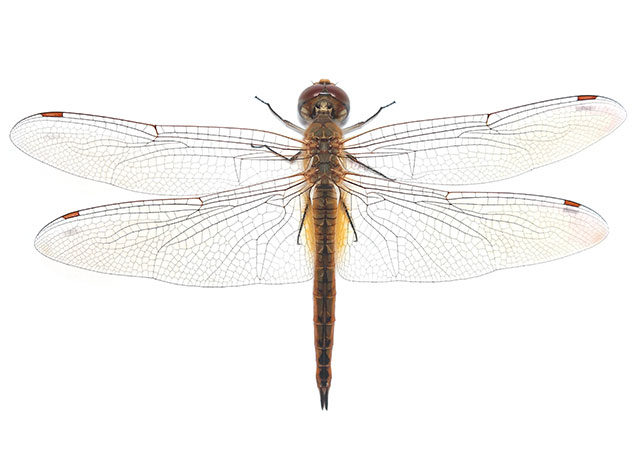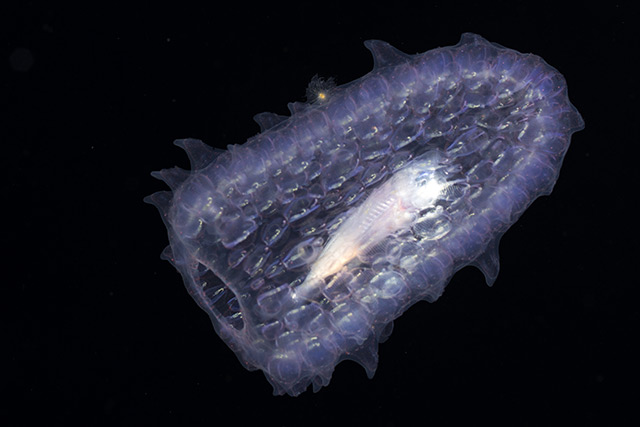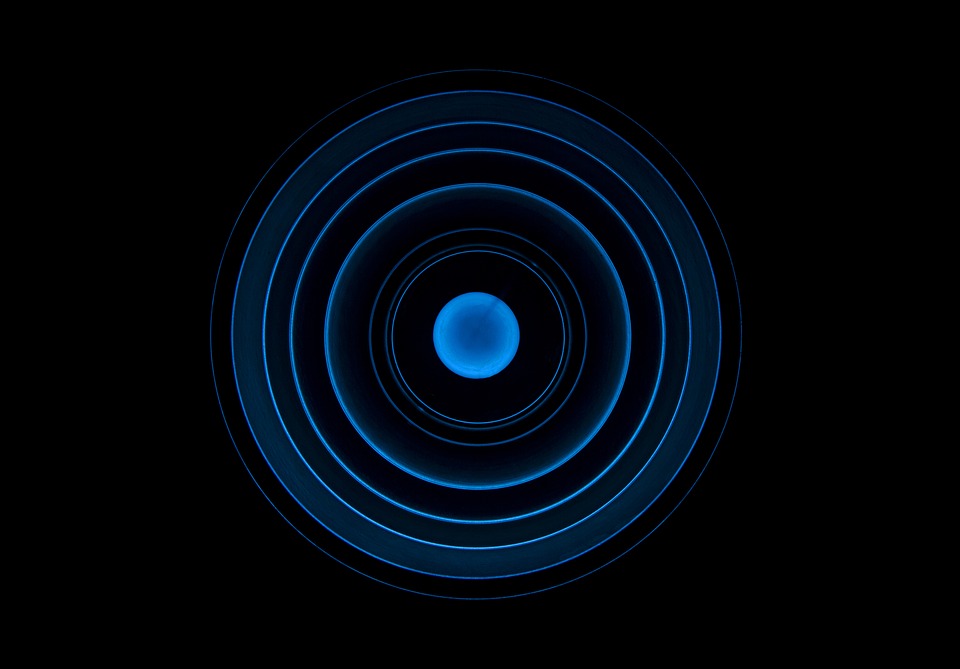Man’s best friend is known for being capable of amazing feats. For years dogs have been trained to do many extraordinary tasks. They have been trained to assist people with disabilities in a number of different ways or to become therapy animals. Our four-legged furry friends are also often taught how to sniff out bombs, drugs or people in need of rescue, to boot. Researchers have also found that our beloved canines can even help to detect cancer with their super-sensitive noses.
Impressive results from a diagnostic trial found that a pair of specially trained German Shepherds could detect breast cancer with 100 percent accuracy. The technique is described as “simple, non-invasive and cheap” and could replace mammograms, particularly in areas where the diagnostic method is hard to come by. Project Kdog, the name the initiative goes by, has shown marked success and could stand to shake up current diagnostic practices.
Thirty-one people with cancer donated samples of bandages that were held against their affected breast tissue. These samples were used to help train the dogs to sniff out cancer. The two pups, Thor and Nykios, engaged in their cancer-smelling training for six months. Canine training specialist Jacky Experton helped the team to train Thor and Nykios to differentiate between the bandages from cancer patients and those from people who did not have cancer.
Experton explained that the training was based on game-playing and giving rewards. Studies show that dogs enjoy performing activities to earn rewards, so it stands to reason that this would be the best way to teach them how to complete a task.
After the training period, the canine duo was put to the test. For several days in January and February, the dogs’ ability to weed out bandages worn by women with cancer was assessed. But this time, the team used bandages from a separate set of 31 women. One bandage from the cancer patients was used per experiment, along with three bandages from healthy women.
Each bandage was placed into a box with a cone that the dogs could smell the bandages through — with a total of four boxes per round of testing. The exercise was repeated once per bandage, for a total of 62 responses from the dogs.
In the first round, the dogs correctly identified 28 of the 31 bandages from the cancer patients — a 90 percent success rate. During the second round, however, the dogs identified all 31 bandages with relative ease, an impressive 100 percent rate of success.
For Kdog, this proof-of-concept phase of testing seems to have gone quite well. Now, they hope to perform a clinical trial with a larger number of participants.
Cancer-sniffing dogs may sound out of this world, but Thor and Nykios are not the only dogs to sniff out cancer. In 2016, Lucy the Labrador retriever-Irish water spaniel mix made headlines after being trained to detect multiple forms of cancer. Over the course of seven years, Lucy learned to sniff bladder, kidney and prostate cancer correctly over 95 percent of the time. Lucy’s nose fairs better at cancer detection than some lab testing methods used for cancer identification.
Lucy joined one of the largest clinical experiments of cancer detection dogs. The British organization Medical Detection Dogs had eight dogs sniff 3,000 urine samples from NHS patients to see how well they could identify cancer.
Given that dogs have an estimated 300 million scent sensors in their noses, and an additional organ for scent that humans do not have — known as Jacobson’s organ — it comes as no surprise that they are capable of such astounding feats of scent detection. For comparison, humans have an average of just 5 million sensors in their noses. Because cancer comes with its own unique scent, from volatile organic compounds, dogs are able to be trained to sniff out cancer with ease.
Sources:
Yahoo.com
CNN.com




















